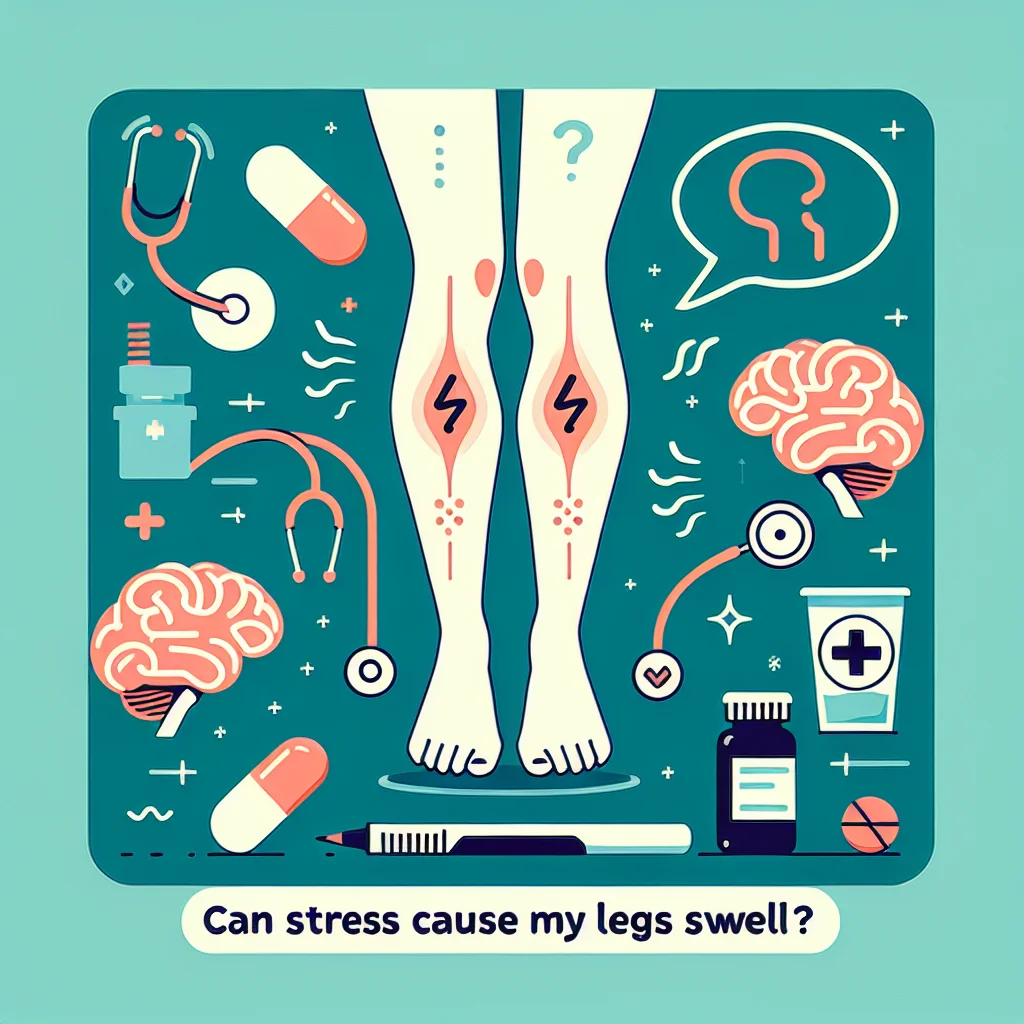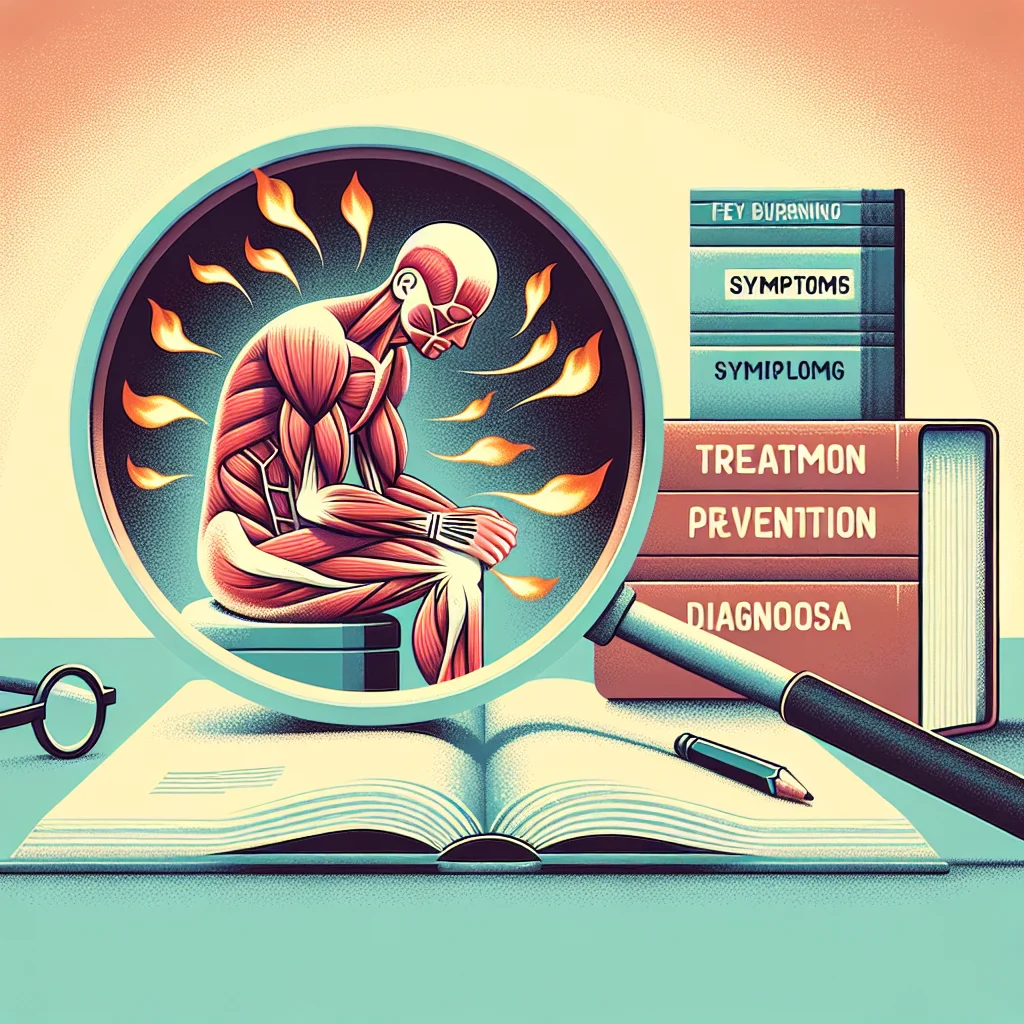
Possible Causes and Medical Insights
Many people wonder, "Can stress cause my legs feel swelling?" While stress is not a direct cause of leg swelling, it can contribute to physiological changes in the body that may lead to discomfort. When a person experiences chronic stress, the body releases hormones like cortisol and adrenaline, which can affect blood pressure and fluid balance. These hormonal shifts might sometimes trigger sensations of heaviness or swelling in the legs, especially if other underlying health issues are present.
However, most medical experts agree that actual swelling, known as edema, is more commonly linked to circulatory problems, sedentary lifestyle, or medical conditions such as heart, kidney, or liver disease. Stress can indirectly worsen these conditions by promoting unhealthy habits, such as poor diet or lack of exercise, which in turn may increase the risk or severity of leg swelling. Understanding the complex relationship between stress and physical health is crucial for effective treatment and management.
Symptoms and Risk Factors
Recognizing the symptoms associated with leg swelling is key to identifying potential causes. Classic signs include puffiness, a sensation of tightness, or visible enlargement of the legs, ankles, or feet. In some cases, individuals may also feel heaviness or discomfort, which can be exacerbated by prolonged standing or sitting. If stress is a contributing factor, you may also notice symptoms like restlessness, fatigue, or sleep disturbances.
Several risk factors can make someone more susceptible to leg swelling. These include a history of heart or kidney disease, pregnancy, obesity, sedentary lifestyle, or certain medications. Chronic stress can amplify these risks by weakening the body’s immune response and encouraging behaviors that are detrimental to vascular and overall health. It's important to be aware of both physical and psychological risk factors to take proactive steps in prevention and care.
Diagnosis and When to See a Doctor
If you notice persistent or severe swelling in your legs, it's important to seek medical advice promptly. A healthcare provider will typically begin with a thorough medical history and physical examination to determine the cause. Diagnostic tests such as blood work, urine tests, ultrasounds, or even cardiac evaluations may be used to rule out underlying conditions like deep vein thrombosis, heart failure, or kidney disease.
While stress alone rarely causes significant leg swelling, it can mask or worsen symptoms of other health issues. Seek immediate medical attention if your swelling is accompanied by pain, redness, shortness of breath, or chest pain, as these could signal a serious medical emergency. Early diagnosis and intervention are crucial for preventing complications and ensuring optimal health outcomes.
Prevention and Home Remedies
Managing stress effectively can play a significant role in reducing the risk of leg swelling and supporting overall well-being. Techniques such as deep breathing exercises, regular physical activity, and mindfulness meditation have been shown to lower stress levels and promote healthy circulation. Incorporating stress-reducing activities into your daily routine can help minimize discomfort and improve your body’s resilience to potential triggers.
For mild cases of leg swelling, home remedies like elevating your legs, wearing compression stockings, and maintaining a balanced, low-sodium diet may provide relief. Staying hydrated and limiting alcohol or caffeine can also support vascular health. However, always consult a healthcare provider for personalized medical advice, especially if the swelling persists or worsens. Prevention is key, and addressing both physical and emotional health factors is essential for long-term success.














